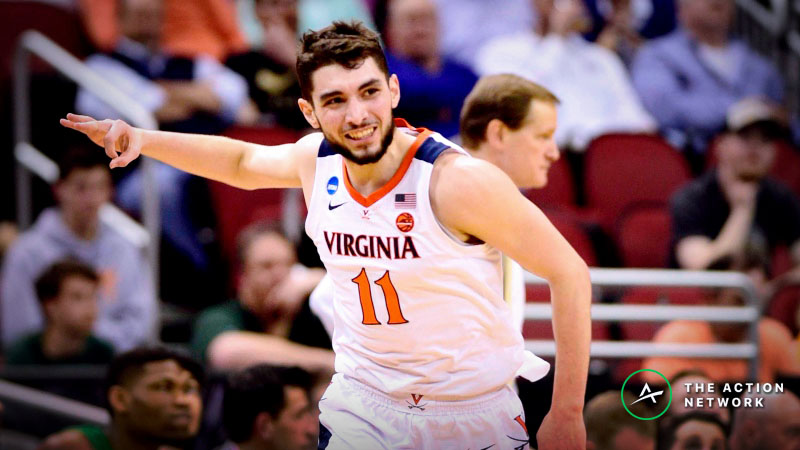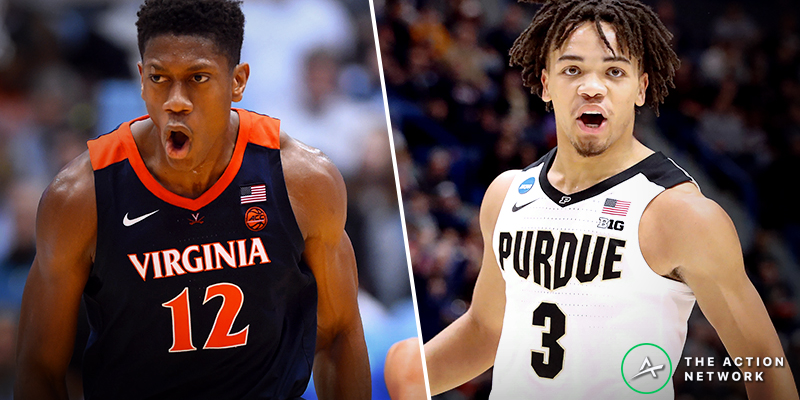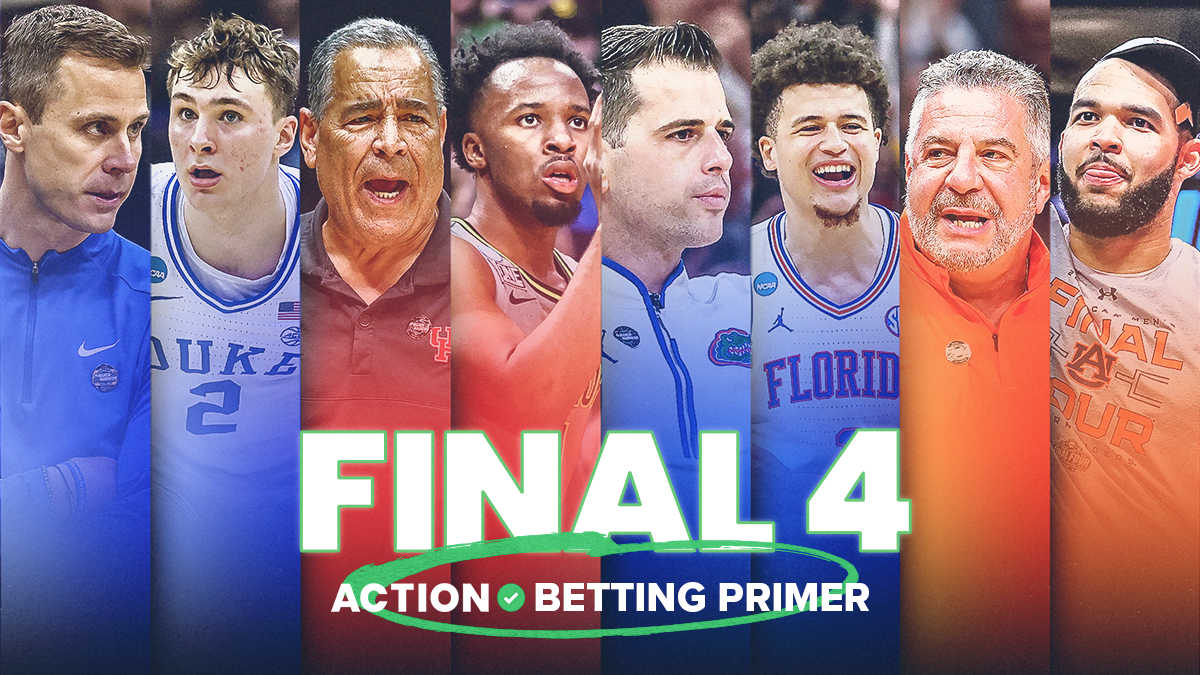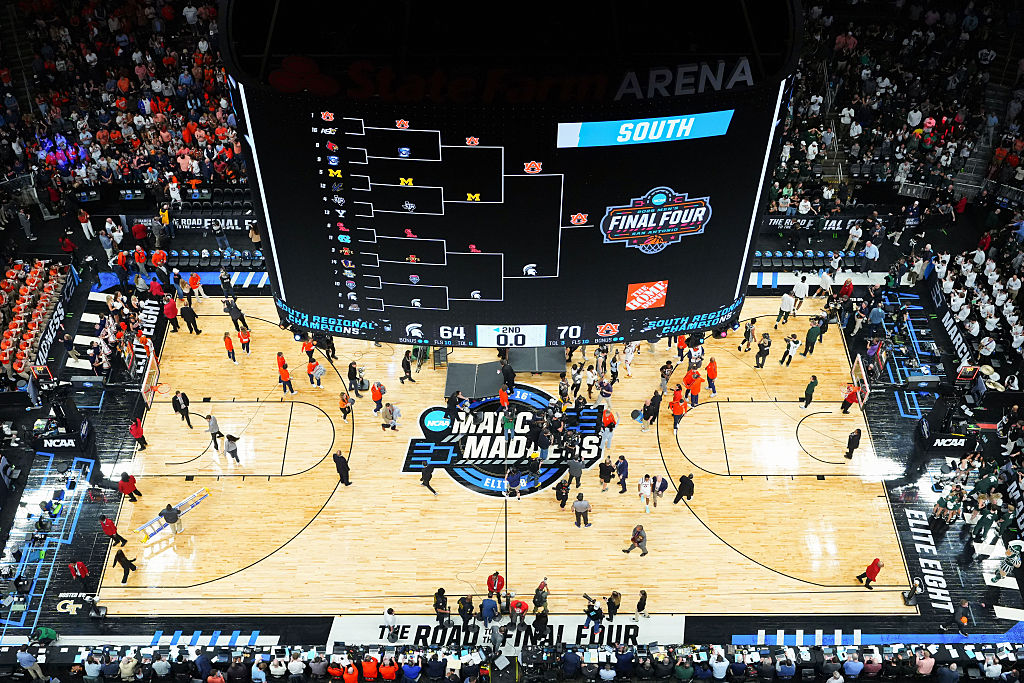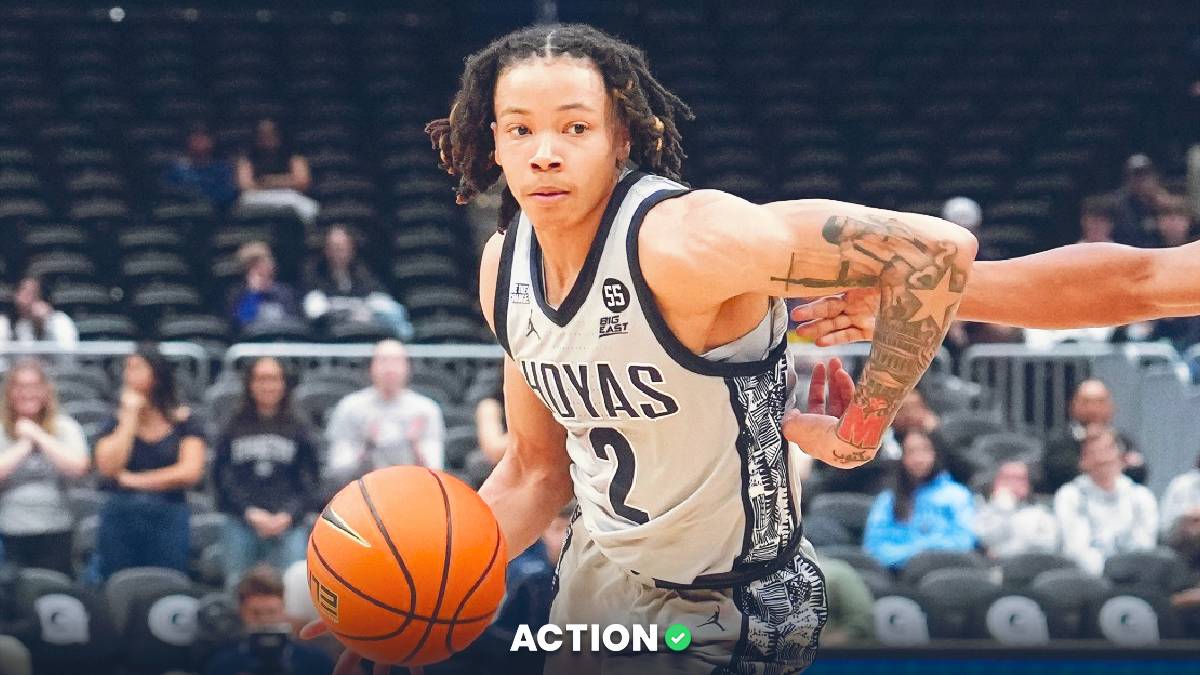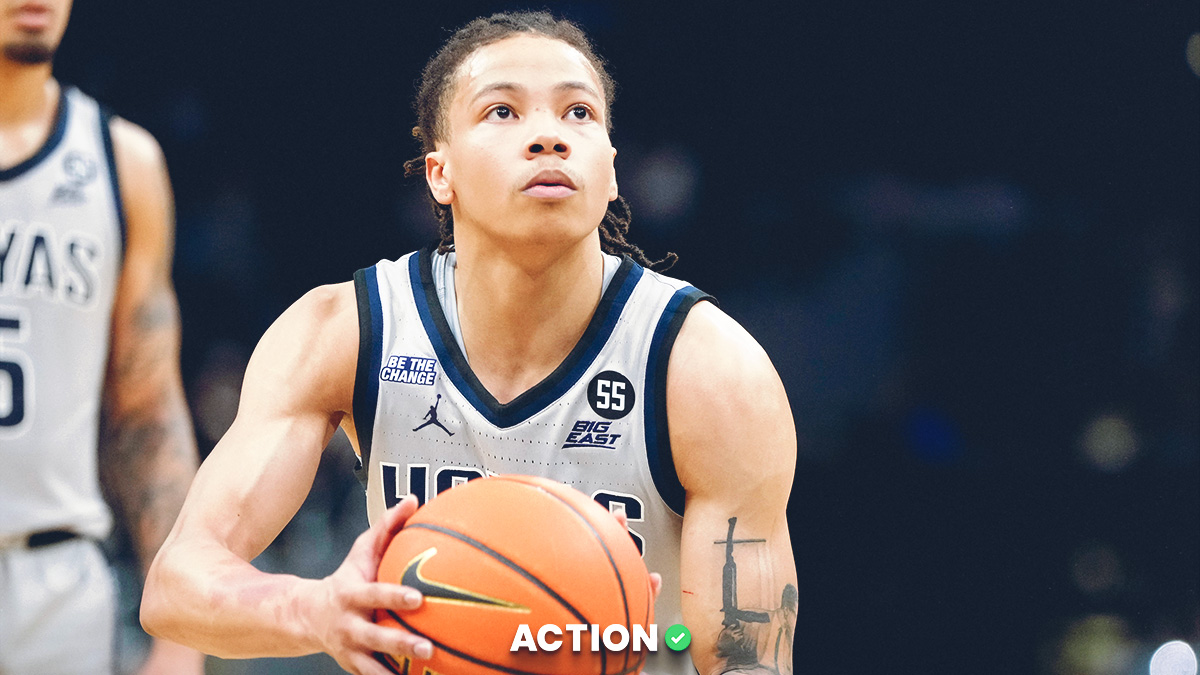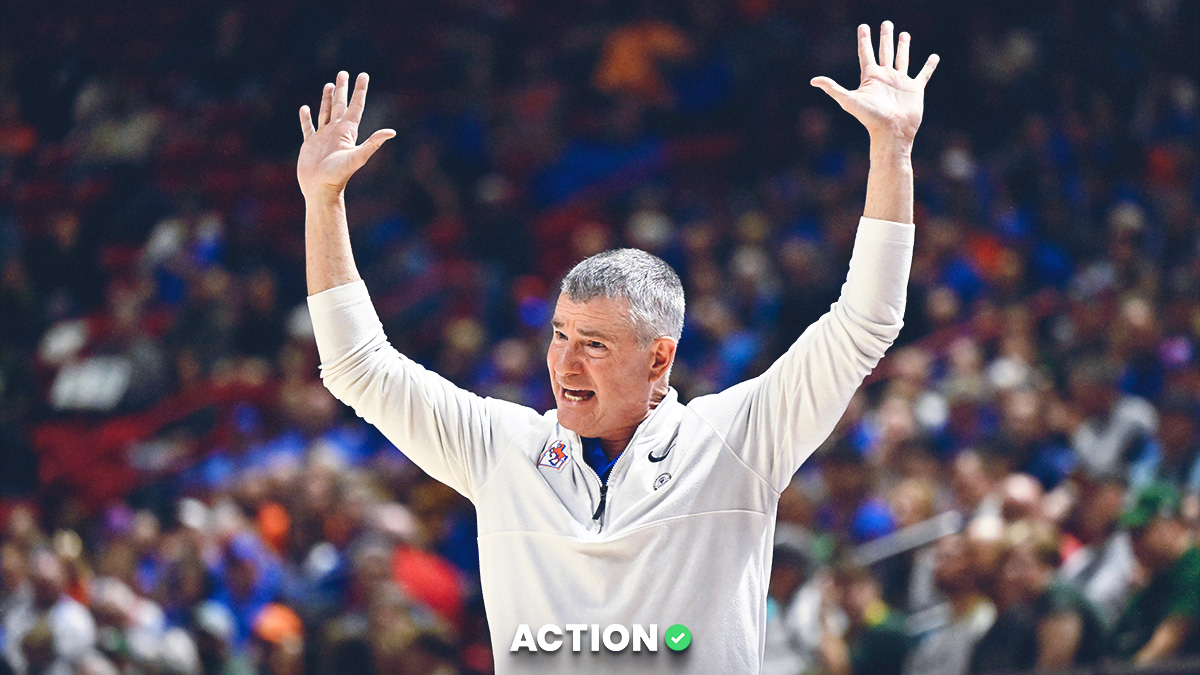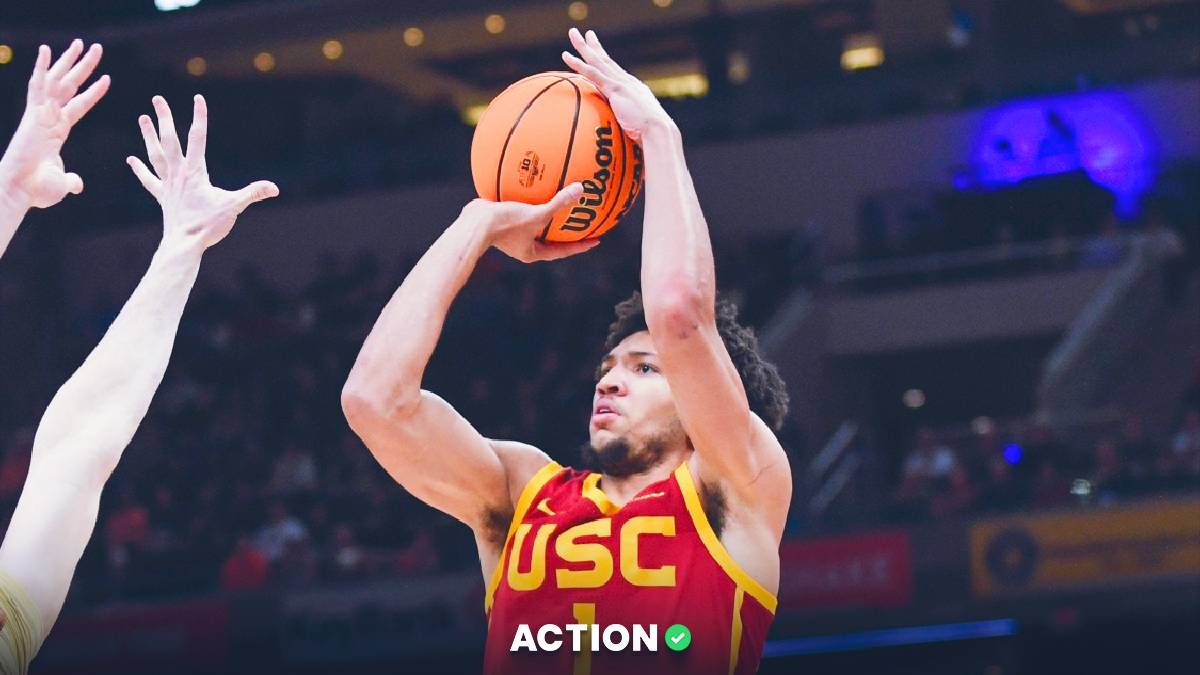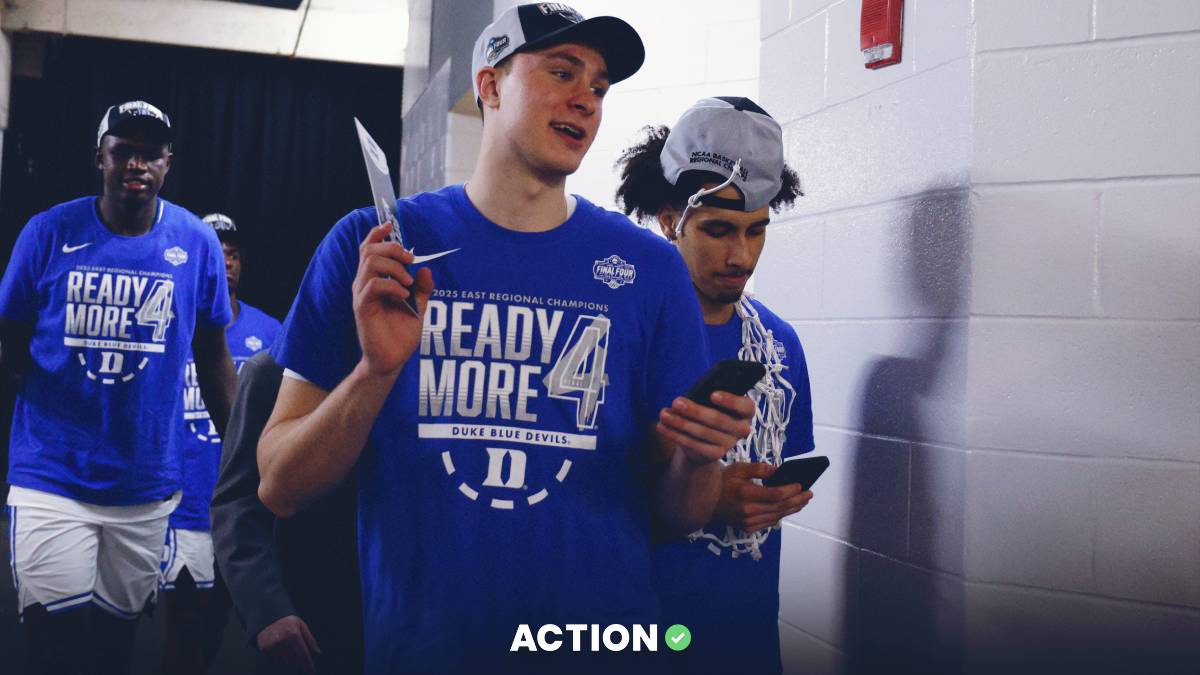Sports bettors tend to remember more recent events while forgetting or ignoring events that occurred further in the past. One example from the Round of 32 is Virginia’s matchup against Oklahoma.
The Cavaliers, who famously lost to a 16-seed in last year’s tournament, trailed 16-seed Gardner-Webb at halftime before pulling away for a comfortable win.
Many gamblers saw UVA struggle in the opening round and assumed Tony Bennett’s squad would have issues with 9-seed Oklahoma. Virginia was bet down from -11.5 to -10.5, but the Hoos led nearly the entire game and covered as double-digit favorites.
Recency bias leads recreational gamblers to make mistakes, which creates an opportunity for savvy bettors. One of the most common errors the public makes in March Madness is expecting a team off a strong offensive performance to continue scoring at a high rate.
This assumption often burns bettors because teams tend to regress to the mean and struggle to continuously score at a high rate in the NCAA Tournament against increasingly difficult opponents. Plus, the oddsmakers know bettors will want to tail a squad following a big offensive game and will inflate their lines in the next round.
The data backs this theory up. The more points a team scored in its previous NCAA Tournament game the worse it performed against the spread (ATS) in the next matchup:
Since 2005, teams that scored 80 or more points in their previous tourney game went 124-154-8 (44.6%) ATS per our Bet Labs data. Underdogs off an offensive explosion (80 or more points scored) underperform even more going 43-80-4 (35.0%) ATS since 2005.
As the tournament progresses, remember to be leery of teams after they looked unstoppable on offense. For the Elite Eight, I’ll be fading Purdue, Auburn and Michigan State.
- Virginia (-4.5) vs. Purdue (8:49 p.m. ET, TBS)
- Kentucky (-2.5) vs. Auburn (2:20 p.m. ET, CBS)
- Duke (-1.5) vs. Michigan State (5:05 p.m. ET, CBS)


